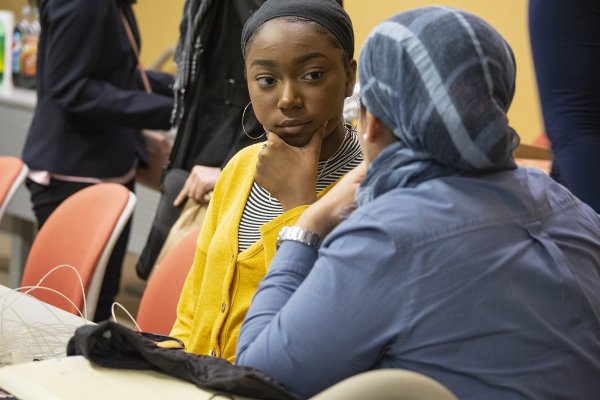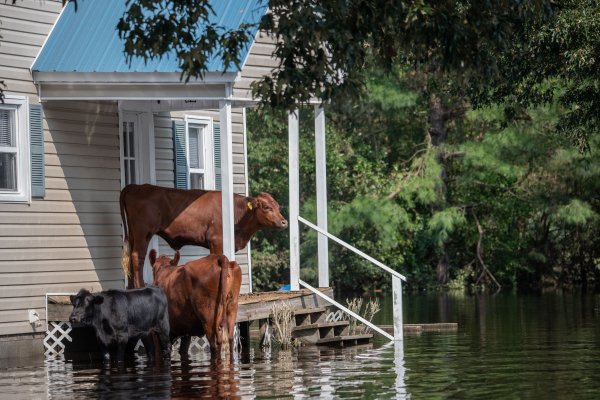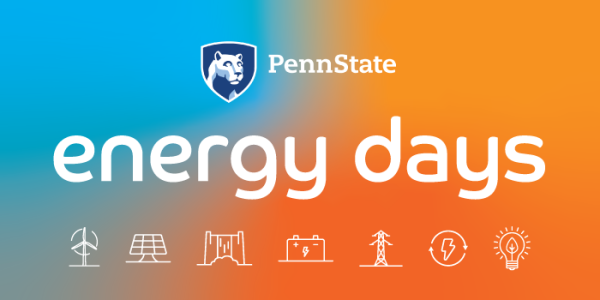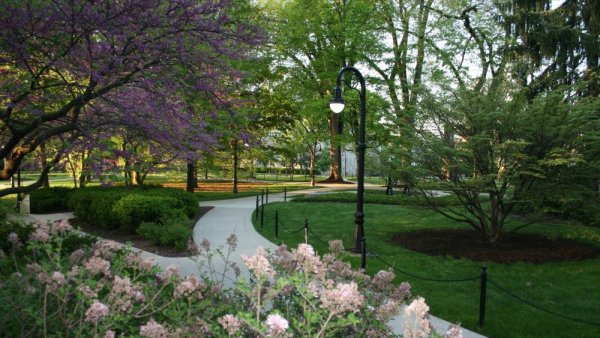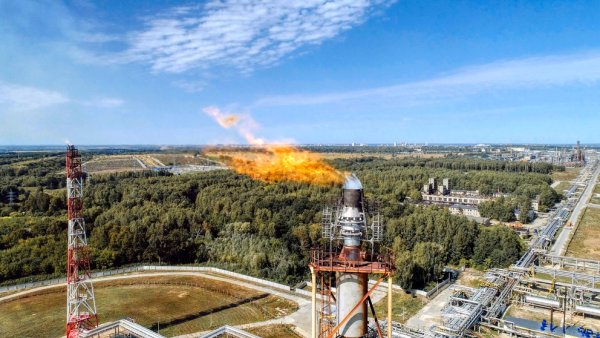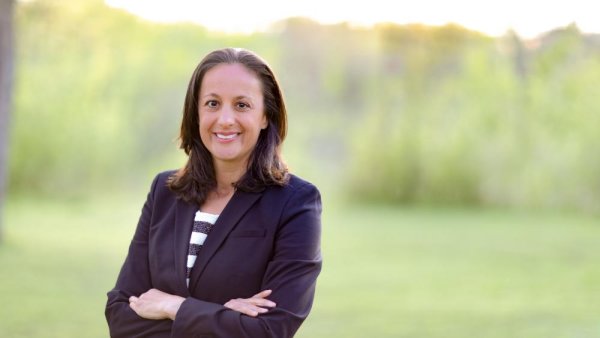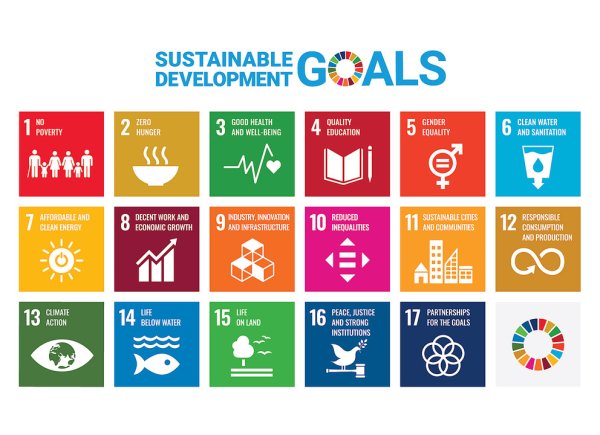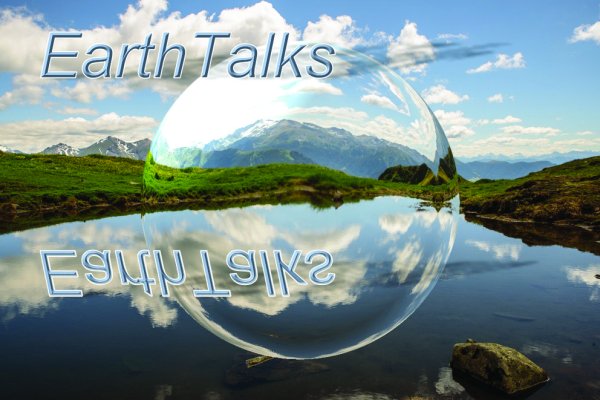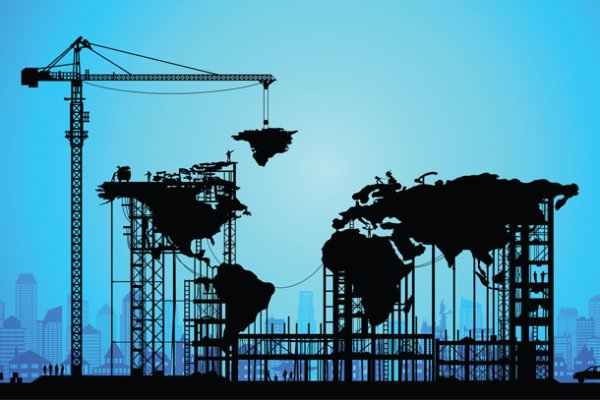Penn State EnvironMentors, Changing the STEM narrative
| by Lorraine Jones
First-generation, racially marginalized groups and women both remain underrepresented in science, technology, engineering, and math (STEM) education and careers. White women make up 18% of the STEM workforce compared to 49% of their white male counterparts. Racially marginalized groups continue to be in the single digits within the STEM workforce.
June 9 webinar to focus on adaptive architecture research, collaboration
| news.psu.edu
A June 9 interactive webinar will focus on adaptive architecture research, a critical component in the pursuit of the sustainable, equitable and resource-efficient future of the built environment. Attendees can share, collaborate and ideate new research ventures in preparation of the next Living Multifunctional Materials Collaborative Research Seed Grant Program.
Homes in flood-prone areas should be getting cheaper. They're not.
| popsci.com
The cost of insurance for houses on floodplains should make them cheaper, but instead they cost the same. Here's why.
Advanced Cohort of Internet2’s Cloud Learning and Skills Sessions (CLASS) program
| internet2.edu
Workforce development and training are one of our most significant challenges, especially as travel and onsite opportunities have been limited over the past year. In response, Internet2 is partnering with major cloud providers and research universities to develop the Cloud Learning and Skills Sessions (CLASS) program, an intensive online training specifically tailored for research computing professionals.
Energy Days to be held virtually on May 19 and 20
| news.psu.edu
Energy Days, an annual conference that brings together professionals working in all areas of energy, will be held virtually on May 19 and 20, 2021, and explore topics that range from energy technology to energy policy and equity.
Penn State announces 2021 University-wide faculty and staff awards
| psu.edu
Each year, Penn State recognizes outstanding faculty and staff with annual awards in teaching and excellence. These awards highlight many of the faculty and staff who go above and beyond.
When calculating the social cost of methane, equity matters
| news.psu.edu
The social cost of methane — a greenhouse gas that is 30 times as potent as carbon dioxide in its ability to trap heat — varies by as much as an order of magnitude between industrialized and developing regions of the world, according to researchers from Lawrence Berkeley National Laboratory (Berkeley Lab), UC Berkeley and Penn State.
Five Earth and Mineral Sciences students awarded at Graduate Research Exhibition
| psu.edu
Five graduate students in the College of Earth and Mineral Sciences received awards at the University's annual Graduate Research Exhibition.
Penn State among top US, international institutions in 2021 THE Impact Rankings
| news.psu.edu
Penn State ranked fourth in the U.S. and 32nd in the world out of 1115 international institutions that participated in the Times Higher Education (THE) University Impact Rankings, placing the university in the top 3% of universities worldwide. The impact rankings assess criteria based on the United Nations 17 Sustainable Development Goals.
EESI EarthTalks panel to discuss how to avoid a global hothouse
| news.psu.edu
A panel of experts from Penn State will review solutions for minimizing global warming and discuss the pros and cons of each at a talk at 4 p.m. on April 26.
How many trees are needed to take up the carbon dioxide I release every day?
| by Bruce Logan
Breathe in, and you consume oxygen. Breathe out, and you release carbon dioxide into the air. We know that burning fuels releases carbon dioxide, and our own “fuel,” or the food we eat, is no different. We capture the energy from the food we eat and then release the carbon from that food into the environment. On average, we eat about 2,000 calories a day and release about 2 pounds of carbon dioxide a day. Plants and trees use the energy in sunlight to take up carbon dioxide through their leaves and grow more biomass.
Engineering dean speaks on UN panel discussing high-performance buildings
| news.psu.edu
Justin Schwartz, Harold and Inge Marcus Dean in the College of Engineering, spoke about the Global Building Network and Penn State's academic efforts for a sustainable and equitable built environment during the United Nations Economic Commission for Europe panel on high-performance buildings.

